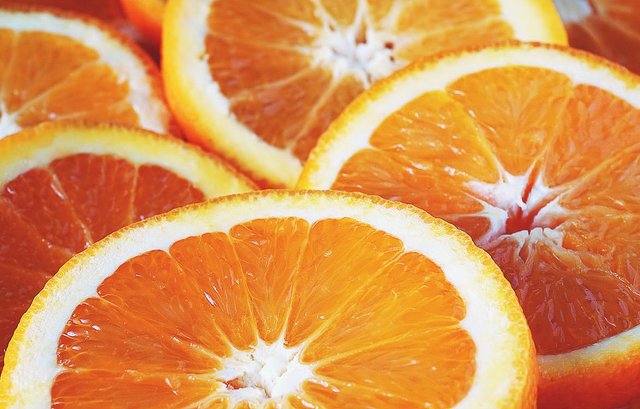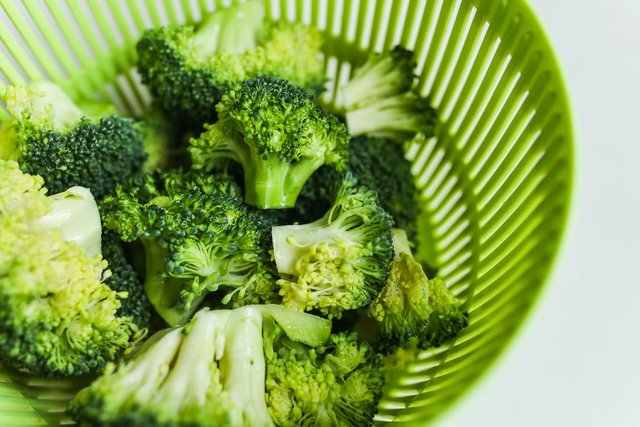Osteoporosis, a condition characterized by weakened bones, is a significant concern, especially among older adults. Diet plays a crucial role in maintaining bone health, and certain fruits and vegetables can be particularly beneficial in preventing and managing osteoporosis. Here are three key fruits and vegetables that should be part of a bone-healthy diet:
1.Spinach:

Spinach is a nutrient powerhouse that can contribute to better bone health. It's rich in several essential nutrients, including:
Calcium: One cup of cooked spinach contains about 25% of the recommended daily intake of calcium. Calcium is a fundamental mineral for bone health, and a deficiency can lead to weaker bones and an increased risk of fractures.
Vitamin K: Spinach is a great source of vitamin K, particularly vitamin K1 (phylloquinone), which plays a crucial role in bone metabolism. Vitamin K helps activate osteocalcin, a protein required for bone mineralization.
Folate: Folate, a B-vitamin found in spinach, is essential for maintaining healthy bones. It helps in the production of collagen, a protein that provides structure to bones.
Antioxidants: Spinach is loaded with antioxidants like vitamin C, vitamin E, and beta-carotene. These antioxidants help reduce oxidative stress and inflammation, which can negatively impact bone health.
To incorporate more spinach into your diet, consider adding it to salads, smoothies, omelets, or sautéed dishes. However, keep in mind that spinach contains oxalates, which can inhibit calcium absorption. It's still a valuable source of nutrients, but be sure to consume a variety of calcium-rich foods for optimal bone health.
2.Oranges:

Oranges and other citrus fruits are not only refreshing but also excellent for your bones. They are packed with nutrients that support bone health, including:
Vitamin C: Oranges are famous for their high vitamin C content. This vitamin is essential for the production of collagen, a structural protein in bones, tendons, and ligaments.
Calcium: While not as rich in calcium as dairy products, oranges provide a moderate amount of this bone-boosting mineral. Calcium is crucial for bone strength and density.
Folate: Oranges contain folate, which, as mentioned earlier, contributes to collagen synthesis and bone health.
Antioxidants: Like spinach, oranges are rich in antioxidants, which help reduce inflammation and oxidative stress, protecting bone cells from damage.
Potassium: Potassium-rich foods like oranges can help prevent the loss of calcium in the urine. This is because a high-sodium diet can lead to calcium excretion, potentially weakening bones.
Incorporate oranges into your diet as a snack or as part of fruit salads and smoothies. Drinking fresh orange juice (without added sugar) can also be a good way to enjoy the bone-boosting benefits of this fruit.
3.Broccoli:

Broccoli is a cruciferous vegetable that deserves a special place in a bone-healthy diet. It provides several nutrients that support bone health, including:
Calcium: One cup of cooked broccoli contains roughly 6% of the recommended daily intake of calcium. While not as calcium-rich as dairy products, it's a valuable source, especially for individuals who may be lactose intolerant or prefer non-dairy options.
Vitamin K: Broccoli is a top source of vitamin K1, which is vital for bone metabolism. Vitamin K helps regulate calcium and promote bone mineralization.
Fiber: High-fiber foods like broccoli can help with weight management. Maintaining a healthy weight is important for reducing the risk of osteoporosis because excessive weight loss can lead to bone loss.
Sulfur-Containing Compounds: Broccoli contains sulfur-containing compounds that may have a protective effect on bone health.
Antioxidants: As with spinach and oranges, broccoli is rich in antioxidants that combat inflammation and oxidative stress, both of which can be detrimental to bones.
To include more broccoli in your diet, steam it, roast it with a little olive oil and garlic, or add it to stir-fries and pasta dishes. Eating it raw with a healthy dip can also be a tasty way to enjoy its benefits.
While these fruits and vegetables are excellent for bone health, it's essential to maintain a balanced diet that includes other sources of bone-boosting nutrients like vitamin D (from sunlight and fortified foods), magnesium (found in nuts, seeds, and whole grains), and regular weight-bearing exercises such as walking, dancing, and strength training. Consulting with a healthcare provider or a registered dietitian can help you create a personalized plan for managing and preventing osteoporosis.
Read More: https://sites.google.com/view/wellness-for-your-health